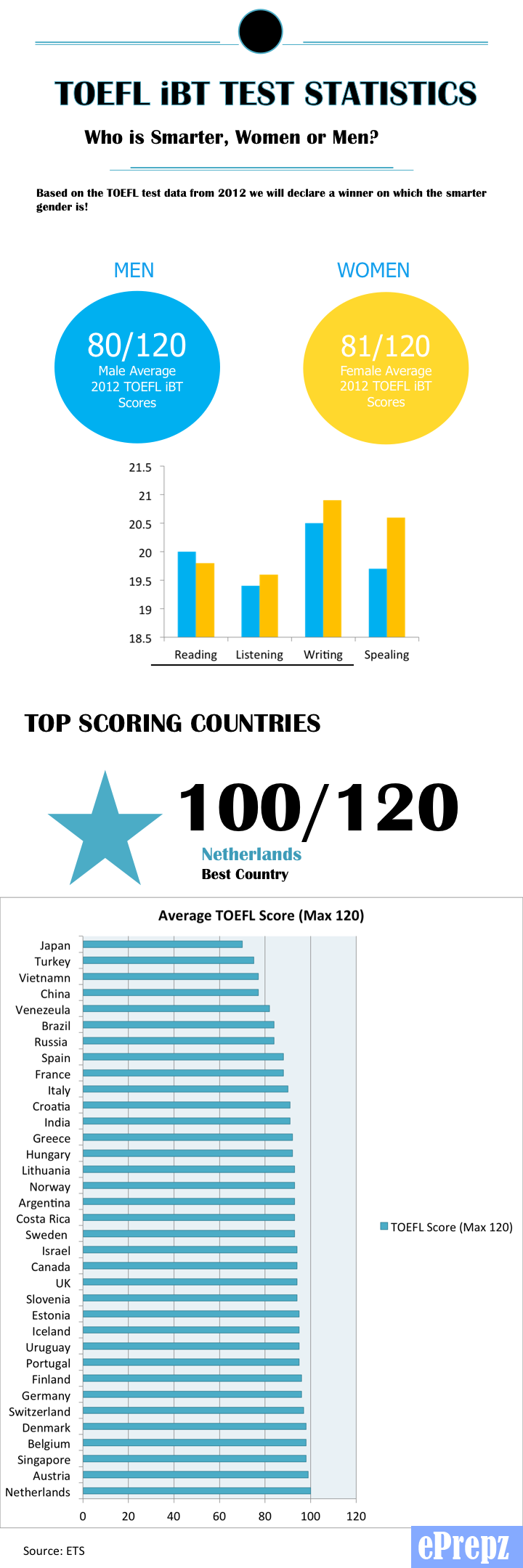Good grammar is a key component in being able to speak English; in this section we will give you some tips on how to improve your English grammar.
It’s normal for non-native English speakers to make grammatical errors on occasion. The key to improve your grammar is like the key to improve everything else, practice!
Before you begin with exercises, quizzes and lectures it’s important to understand the foundation.
For example you should learn the difference between adjectives, verbs, adverbs, conjunctions, nouns, pronouns, interjections and prepositions.
When doing practice exercises it’s crucial that you pay attention on how correct sentences are constructed. By paying attention every time you read an article you will be able to memorize the different grammatical rules.
The fastest way to improve your grammar is to actually speak and write in English. A great tool that some students at ePrepz take advantage of is creating your own blog. Write about topics that you are interested in; as long as it is in English it will help your English grammar tremendously.
After taking different grammar exercises you will learn what different areas you need to work on, by staying consistent you can improve your English grammar within months.
To learn more about how to improve your English grammar, check out ePrepz Online English course.
